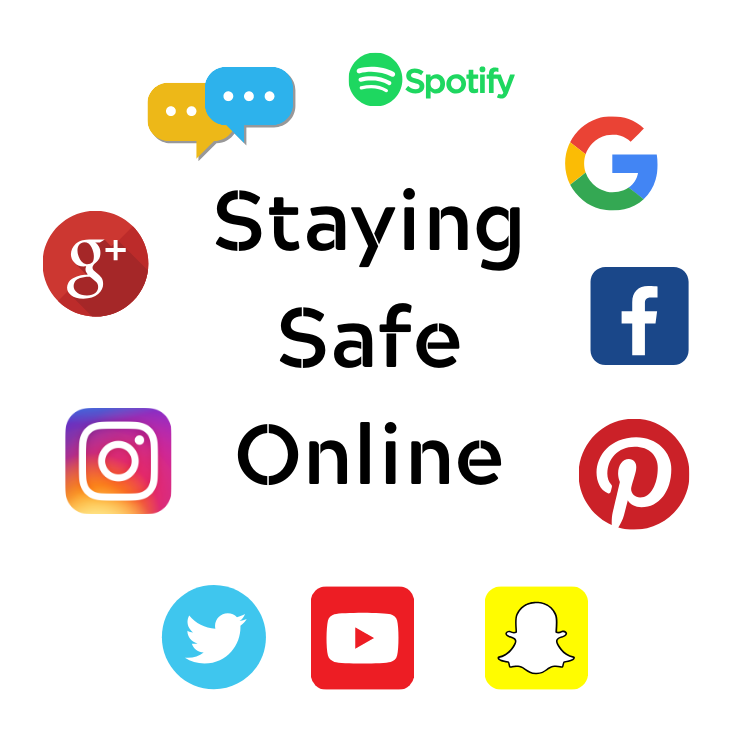Sure, here are some top tips to help you stay safe online:
1. Use Strong Passwords
Create unique passwords for each of your accounts, and make sure they are strong with a mix of letters, numbers, and symbols.
2.Enable Two-Factor Authentication (2FA)
Whenever possible, enable 2FA for an extra layer of security. This typically requires a second form of verification, like a code sent to your phone, in addition to your password.
3.Keep Software Updated
Regularly update your operating system, browser, and apps to protect against vulnerabilities that hackers can exploit.
4.Be Cautious with Links
Avoid clicking on suspicious links in emails, messages, or ads.
5.Use Secure Networks
When accessing sensitive information or making financial transactions, use secure Wi-Fi networks or a VPN (Virtual Private Network) for added encryption.
6.Be Mindful of What You Share
Be cautious about the personal information you share online, especially on social media platforms. Limit the amount of personal data you make public.
7.Verify Sources
Before sharing or acting on information online, verify its authenticity from reputable sources to avoid spreading misinformation or falling for scams.
8.Use Antivirus Software
Install reputable antivirus software on your devices and keep it updated to protect against malware, viruses, and other online threats
10.Backup Your Data
Regularly back up important files and data to secure locations such as external hard drives or cloud storage services to protect against data loss due to cyberattacks or hardware failures.
Following these tips can significantly enhance your online safety and security.
